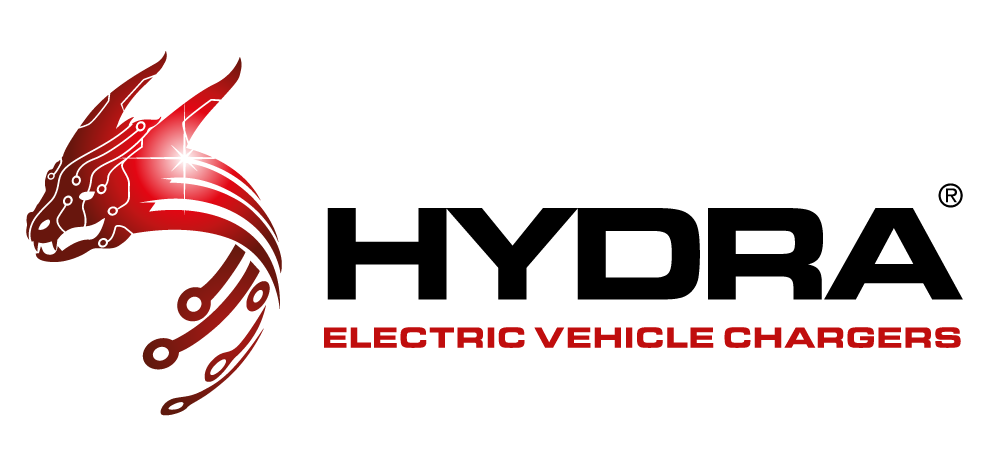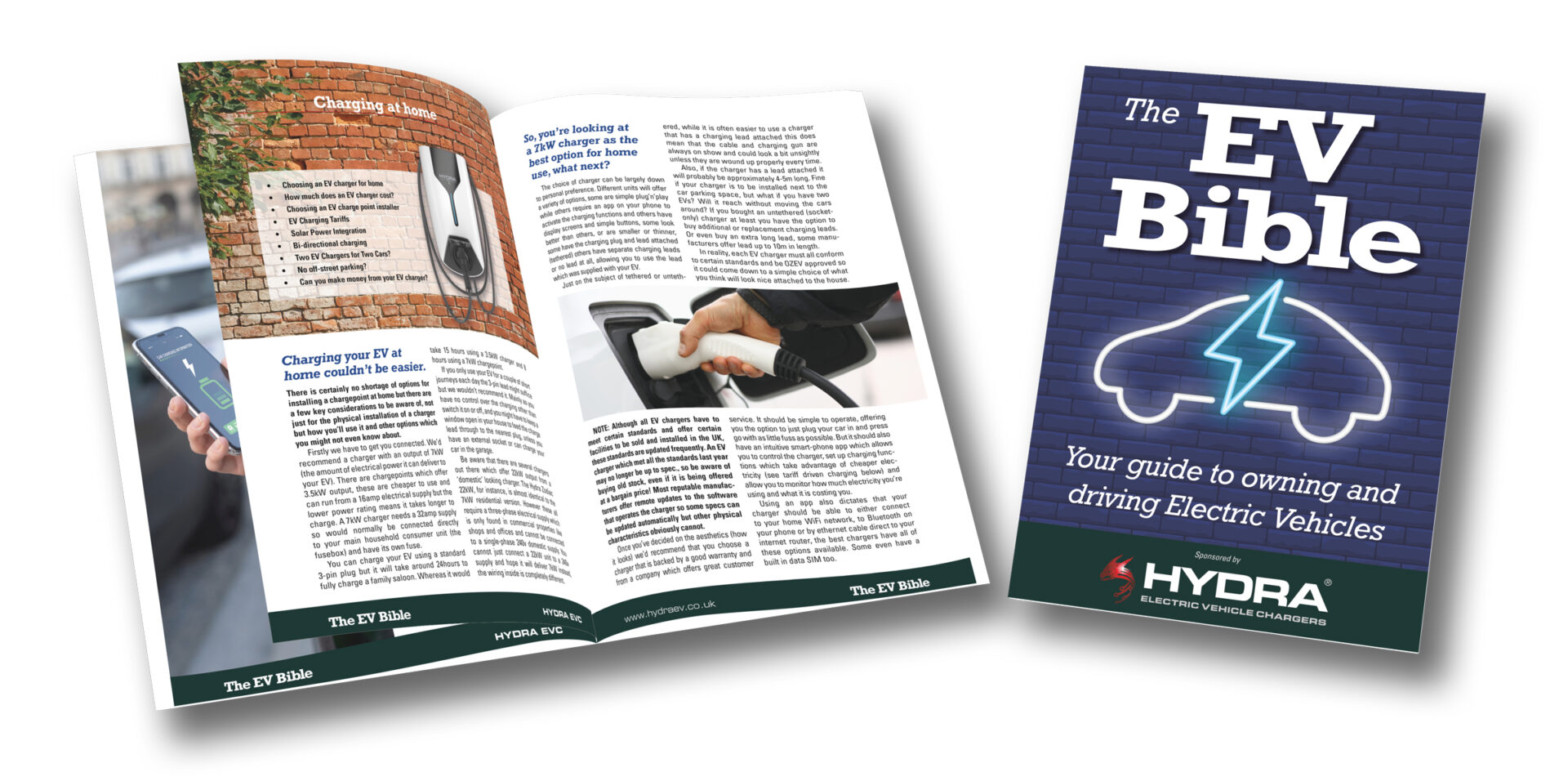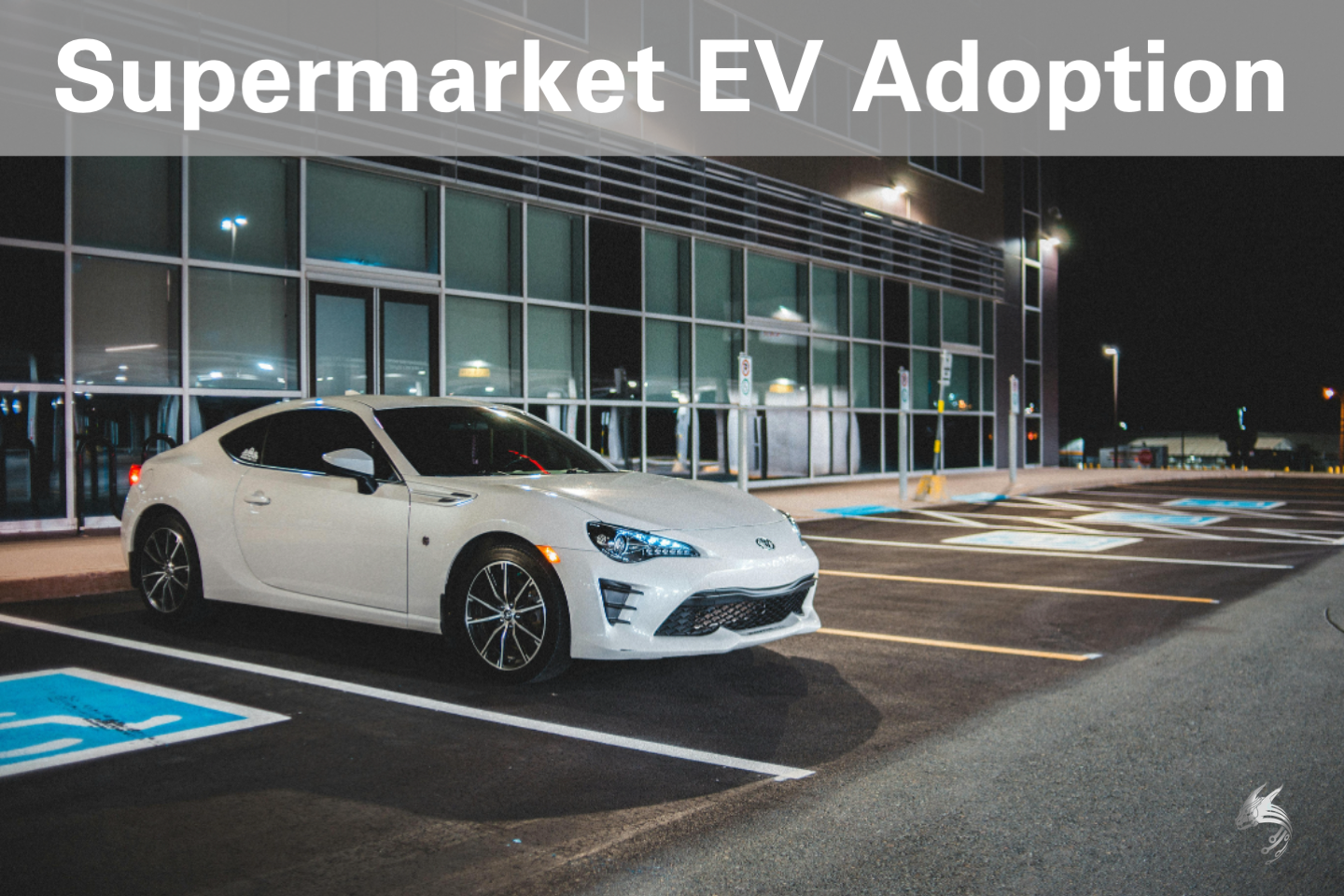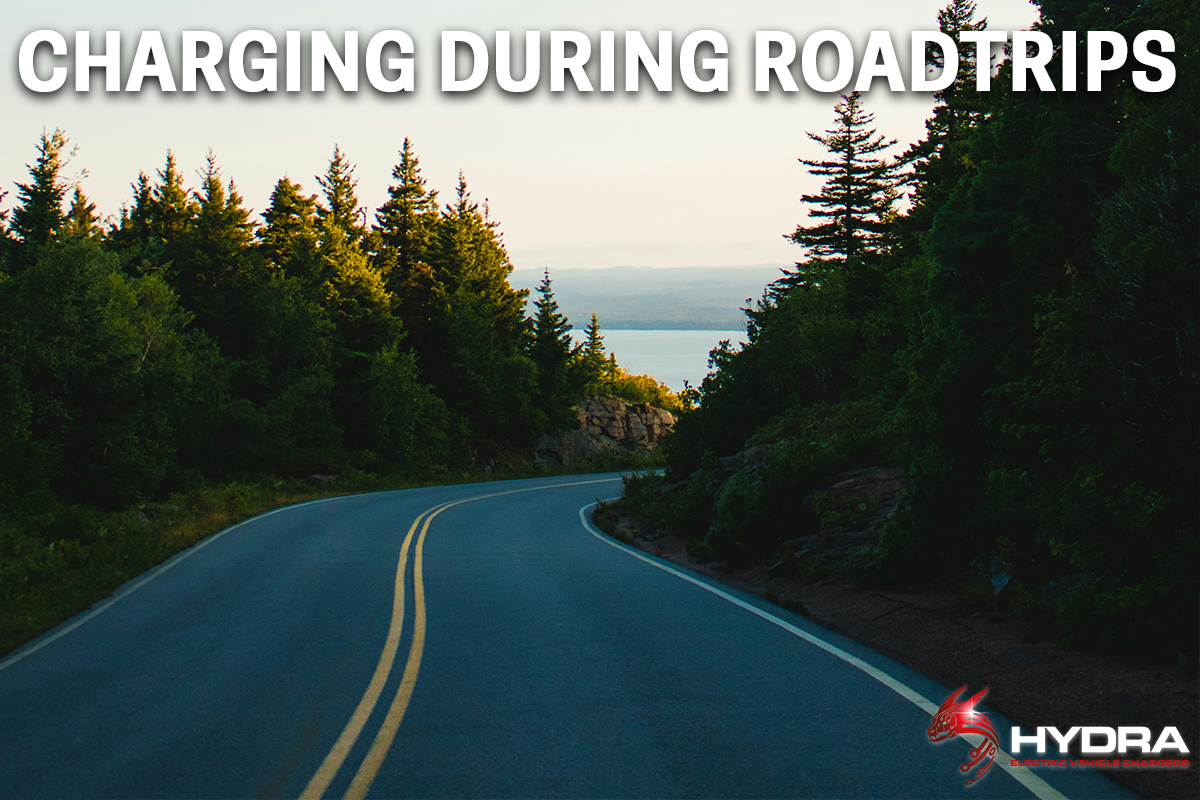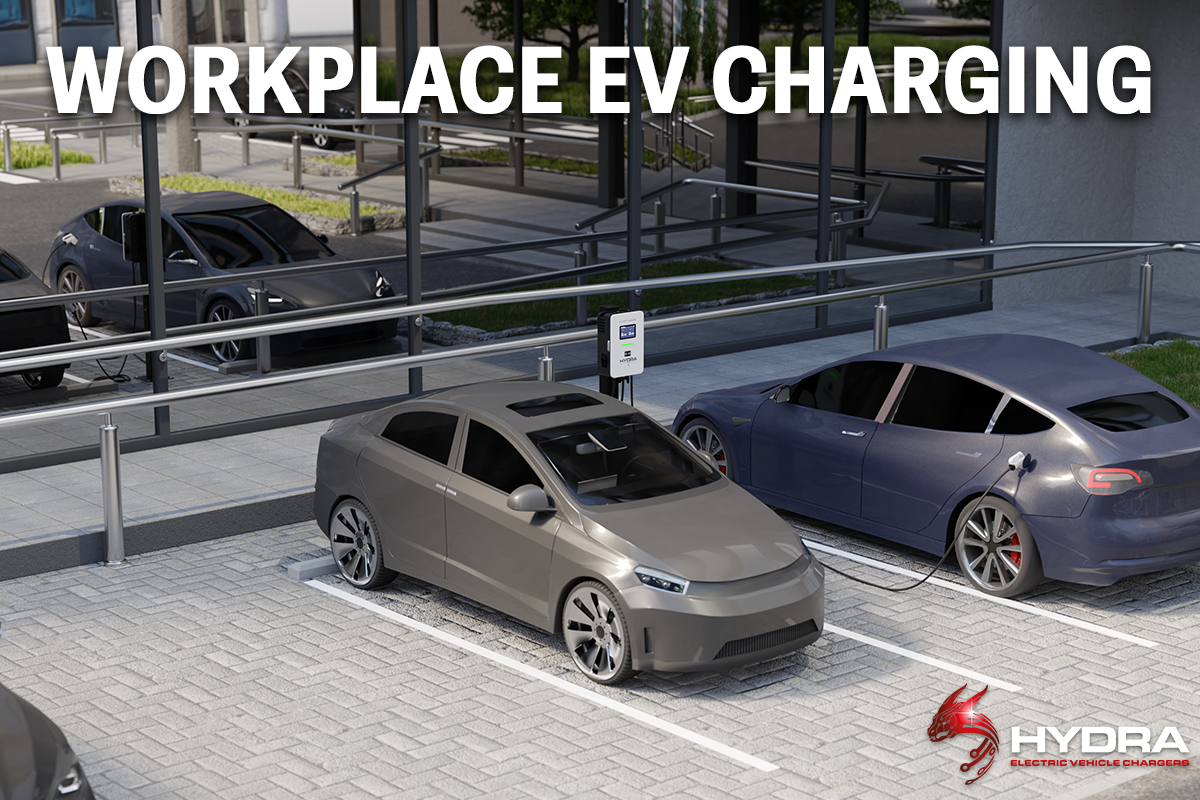There’s not much difference buying a used EV to buying any used car, the advice is mostly the same, but with a couple of extra things to add to your checklist.
Set a budget and stick to it
its easy to get carried away when you set a budget then see a car that is just a bit over it. Only those with the strongest will can walk away from a great car at a decent price. But the further you push the budget envelope the more its going to cost. It sounds obvious but that’s extra money you’re spending, are you absolutely sure there’s nothing else available?
Don’t rush
As above, don’t say yes to the first car you try. Dealers are well trained in securing the sale, don’t be rushed, don’t listen to all the stories of “it’ll be sold by the weekend”. There is no shortage of used cars. They all look lovely with a bit of polish and good clean. Have a look at a few examples and get a proper feel for the market.
Inspect all of the paperwork
Check to see how many owners and how long the last owner had it, if it was just a few months why did they get rid of it? Maybe an EV wasn’t for them but maybe there was something else you can’t see. If there’s no paperwork just walk away. Its not worth the risk. You can check MOT history online (if the car is over 3 years old). This will also have a record of the mileage at each MOT, does it correspond with the rest of the paperwork?
Have a good look around the car
EVs are not likely to have been used as racecars but the smaller examples could have been used as a family runabout. This doesn’t affect the EV components but it could mean it’s had a few dings along the way. Look down the length of the car in good light and NOT when it’s raining. Do the panels match? Does the paint match?
Take it for a test drive
If you can’t take it for a test drive, why not? Don’t accept excuses from a dealer, you drive it or you walk away, its that simple.
Get a HPI report
For around £20 you can get a full HPI report. We don’t like spending money we don’t need to but this could be the only way to properly check the history of a car. For newer models the most important thing is to check that it is clear of finance. If the previous owner hasn’t fully settled the finance then they cannot legally sell the vehicle and you might lose the car with no comeback other than legal action against the seller.
EV Specific checks:
Battery Health
The battery and motor are the two most important components in an EV. All rechargeable batteries degrade slightly over time, this is not unusual. Depending on which EV you’re buying you should be able to check the battery health and then find out how that compares to the original ‘new’ state.
Don’t be alarmed if the capacity is lower, just use it as a bargaining chip with the seller when negotiation the sale. Also check if the battery has been replaced, whether the original guarantee is transferrable and, importantly, whether you will actually own the battery: Some early EVs – notably from Renault and Nissan – only leased the battery to the EV buyer, so there could be an ongoing rental charge to consider.
Accessories
Make sure you have all the accessories which came with the car including charging cable, carry-bag and any plug adapters if your EV isn’t fitted with the standard Type-2 charge-plug. A Type-1 to Type-2 adapter could cost up to £100.
Clear the Infotainment system
While this is not specific to EVs the Infotainment systems can be more integrated with or linked to the vehicle dashboard on an EV. Make sure the previous user has signed out, just like you’d do if you bought a new iPhone. The system may be logged in to their Google account and retain stored information.
There area number of specialist dealers who only sell used EVs. Search to find one in your local area.
